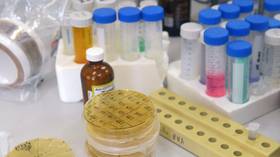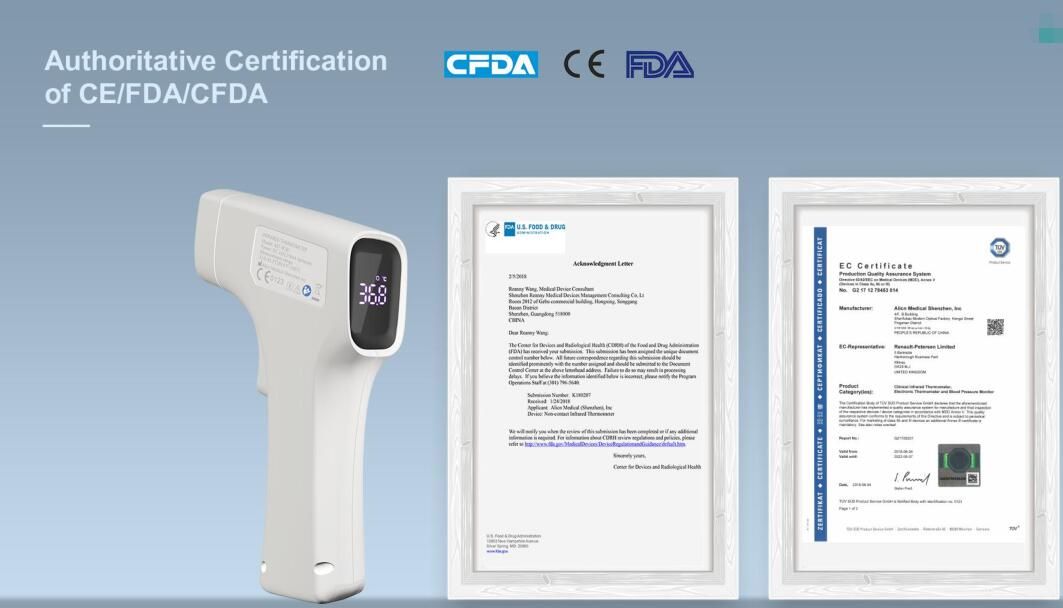Although Coronavirus (COVID-19) is a new disease and experts are still learning how it spreads, touching a surface or object that has any virus or germs on it and then touching your mouth, nose, or possibly eyes can lead to infection.
We’ve teamed up with Dr. Jennifer Tsai, OD to answer a few questions about ways to protect your eyes during this outbreak.
Is it safe to wear contacts?
Yes, as of now and the most sanitary option is daily contacts.
The cardinal rule for staying healthy is to wash your hands often. The eyes are an entry point for germs, including viruses which makes washing your hands immediately before handling contacts especially important. This will also help keep the silicone hydrogel clean and free of unwelcome particles, like skin oils, dust, and harmful bacteria. The American Optometric Association recommends that you scrub your hands carefully and thoroughly with soap and water for at least 20 seconds, followed by hand drying with unused paper towels. This should occur before every contact lens insertion and removal. If soap and water are not readily available, use a hand sanitizer that contains at least 60% alcohol.
How do you clean your glasses?
COVID-19 can live on hard surfaces for 1-3 days. To sanitize glasses, fill a spray bottle with 3/4 alcohol (70% ethyl alcohol or rubbing alcohol), 1/4 water, and 2-3 drops of dish soap. Apply the solution and wipe any part of the frames that touch your face. This solution is only recommended for glasses without anti-reflective coating and not plastic lenses, as the alcohol can strip off the coating.
For most frames, adding a drop of soap to the surface and rubbing with your fingers will do a substantial job of removing any bacteria. Be sure to wash your hands first (to remove any oil) and don’t forget the nose pads!
To dry, shake off excess water and wipe with a microfiber cloth. Be mindful that using your shirt or paper could scratch the lenses. Microfibers can sometimes leave particles so if you don’t have a cloth, use a compressed air duster instead (like the one for your keyboard).
Is it safe to wear eyelash extensions?
It’s currently unclear but why risk it? Bacteria can live on hair and lashes for short amounts of time. Stick to mascara for now and be sure to sanitize your brushes and applicators regularly.
How do you clean makeup applicators?
Easy! Fill a spray bottle with 3/4 rubbing alcohol and 1/4 water, then apply to any brushes before every application. You can also use gentle shampoo periodically. Simply squirt a bit into a cup of warm water, then soak your sponges in the bubbly solution. Squeeze and rinse until the water runs clear. For brushes, swirl the tips in the water and shampoo, then in the palm of your hand to work up a lather. Next, run the bristles under warm water until there is no more product. Finally, lay all your brushes and sponges flat on a clean cloth to dry. Voila!
This article was reviewed by Dr. Jennifer Tsai, OD. Dr. Tsai practices optometry in New York City.
Information received through VSP Vision Care channels is for informational purposes only and does not constitute medical advice, medical recommendations, diagnosis or treatment. Always seek the advice of your eye doctor, physician or other qualified health provider with any questions you may have regarding a medical condition.


